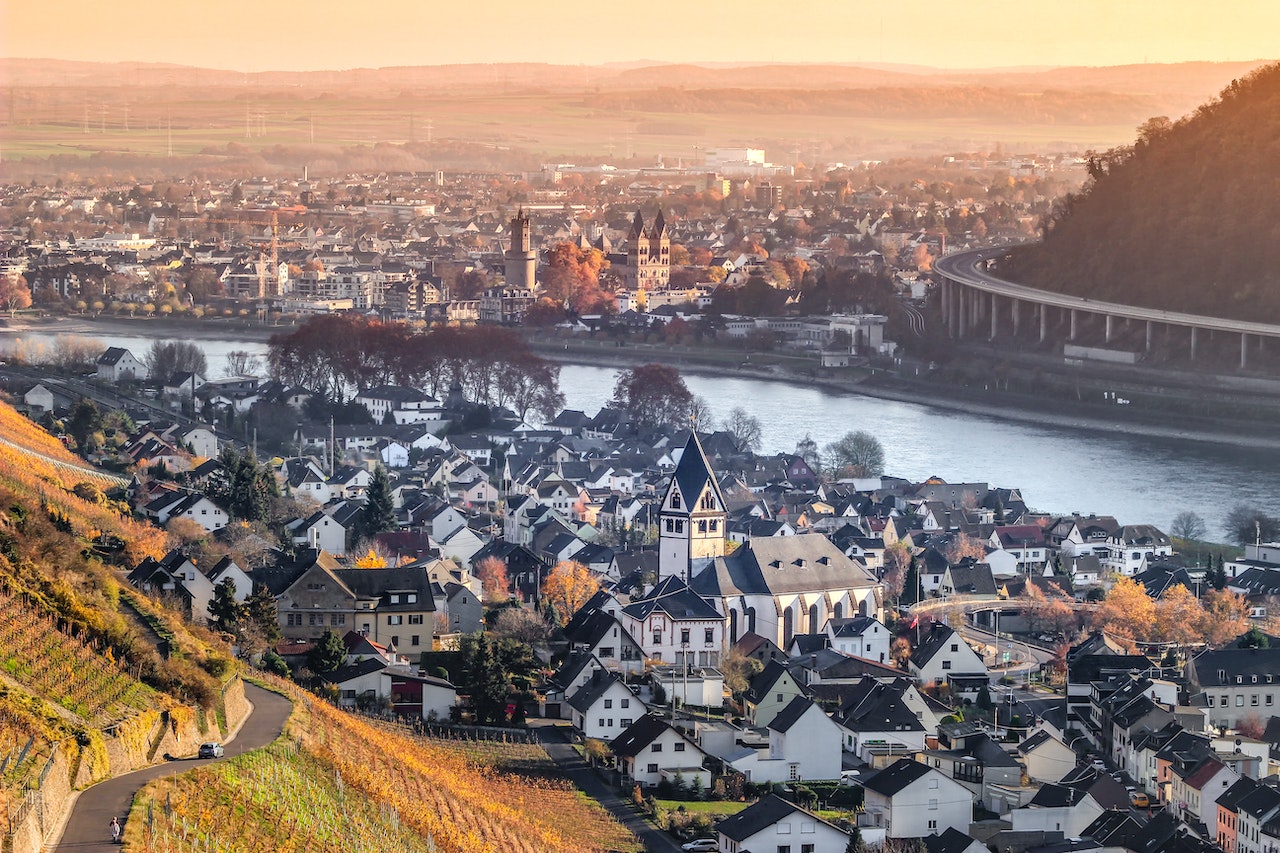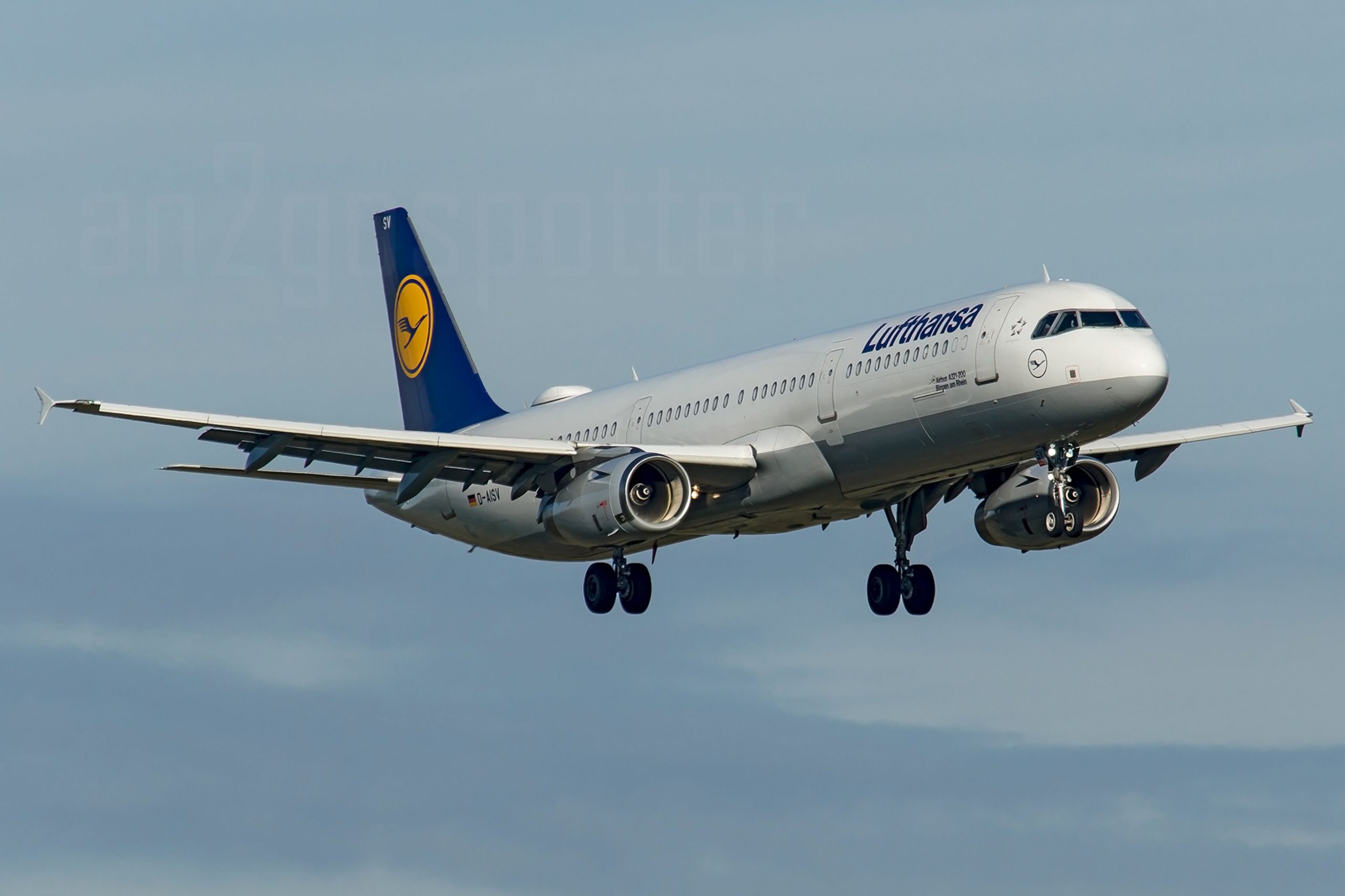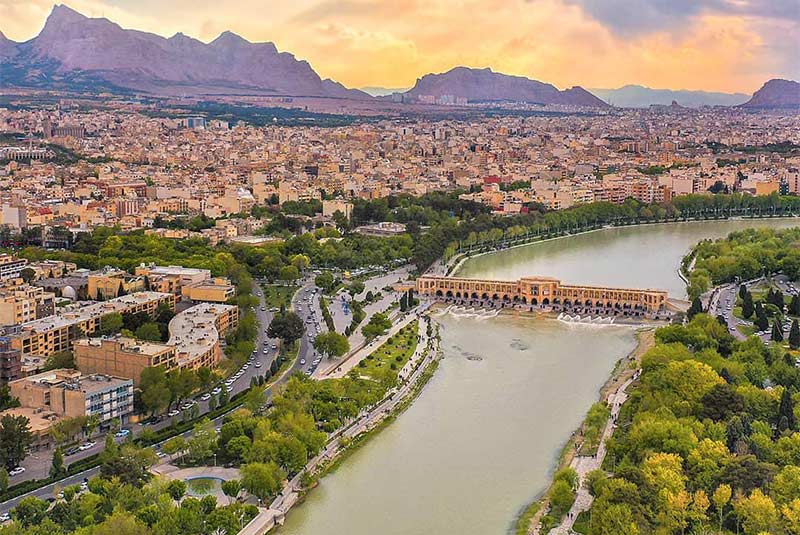As shipping continues to cause suffer blockages and hold ups of gigantic proportions, amplified by a trucker shortage that shows no sign of abating, a scholar who four years ago predicted that trucking’s falling popularity as a career choice would be cause for concern has now brought attention to another potential headache for business logistics – climate change.
Specifically, Elizabeth Braw, resident fellow at the American Enterprise Institute focusing on security threats, recently highlighted the effect climate change is having on rivers like the Rhine, which are crucial for a significant amount of cargo transport.
Writing in Foreign Policy, Ms Braw noted that the Rhine’s water level near Kaub, a German town, had fallen to 0.7m, far below the 1.2m most river ships require as a bare minimum.
River transport accounts for six per cent of the total volume of cargo in Germany, but a significantly higher proportion of key resources pass through rivers.
Around 30 per cent of coal, crude oil and natural gas, around 20 per cent of coking plant and petroleum products, and 11 per cent of chemicals are transported through Germany’s rivers, mostly through the Rhine, leading to worries that German manufacturers could face shortages of these essential products.
The scale of the problem cannot be understated, according to Ms Braw. One in five of the world’s chemical producers have manufacturing facilities along the river, while cargo arriving at Rotterdam, Europe’s largest port, has long travelled over the almost 1,300km-long river to arrive at its final destination.
In fact, it is not only German industry that relies on the Rhine, but also French, Swiss, Belgian, and Dutch industrial power, made possible over the last few hundred years by cheap river transport on the river, which helped bring down the costs of imported raw materials.
The low water level means that shippers are already being forced to cut capacity by 50 per cent, as a full load would put them deeper into the water and risk running aground.
Researchers from the Kiel Institute recently noted that “low water levels lead to transportation disruptions that cause a significant and economically meaningful decrease of economic activity,”, explaining that in a month with 30 days of low water levels on the Rhine, German industrial production stands to shrink by one per cent.
Unfortunately, low water levels are becoming more frequent in Germany, and calls have already started to remodel existing ships and construct new ones.
Ms Braw argues, however, that another solution might be yet more promising – curbing carbon emissions, saying that “as they were saved from the rampant pollution that was once the norm in Europe, so rivers can be saved from the ravages of climate change”.
The Rhine’s malady, though, isn’t a one-off, because radical weather patterns and their results—including too little rain or too much of it—are another result of climate change.
There’s also a more promising solution, one that comes with sundry benefits including citizens’ well-being, the inhabitability of cities, and the long-term health of farmland: reducing carbon emissions. Just as they were saved from the rampant pollution that was once the norm in Europe, so rivers can be saved from the ravages of climate change—and with them a mode of transport that’s not just clean but economically vital for Germany and the world.
Lufthansa and Air France-KLM tighten budget amid first-quarter losses prompted by disruptions and strikes
Despite the slow start, airlines are expecting a busy summer ahead
Romanian Prince Philip Al Romaniei refused bail in Malta, following European Arrest Warrant
Defence lawyer Jason Azzopardi argued that the case against the Prince was 'politically motivated'
Inflation risk re-surging as tensions heat up between Israel and Iran
Oil and gold prices jumped after the latest strike by Israel






